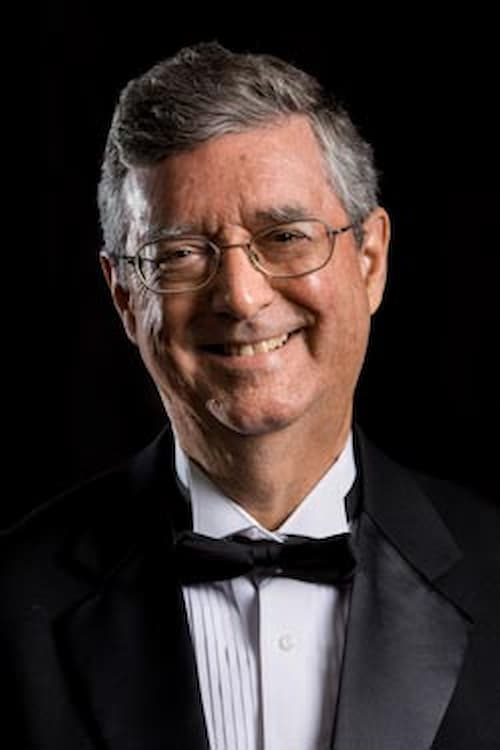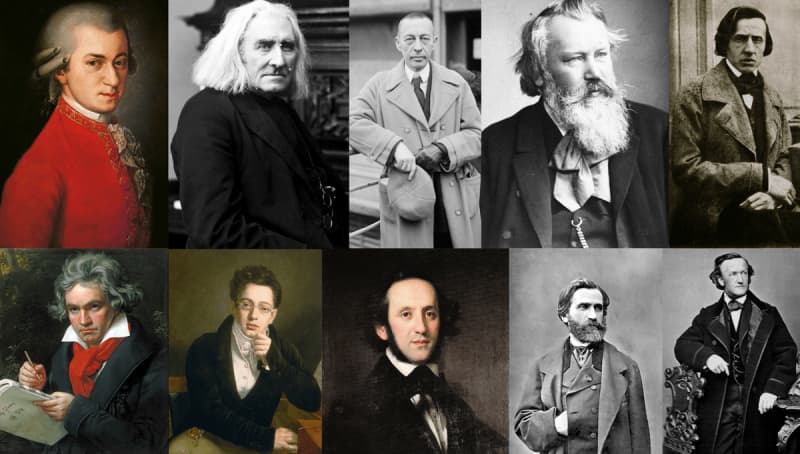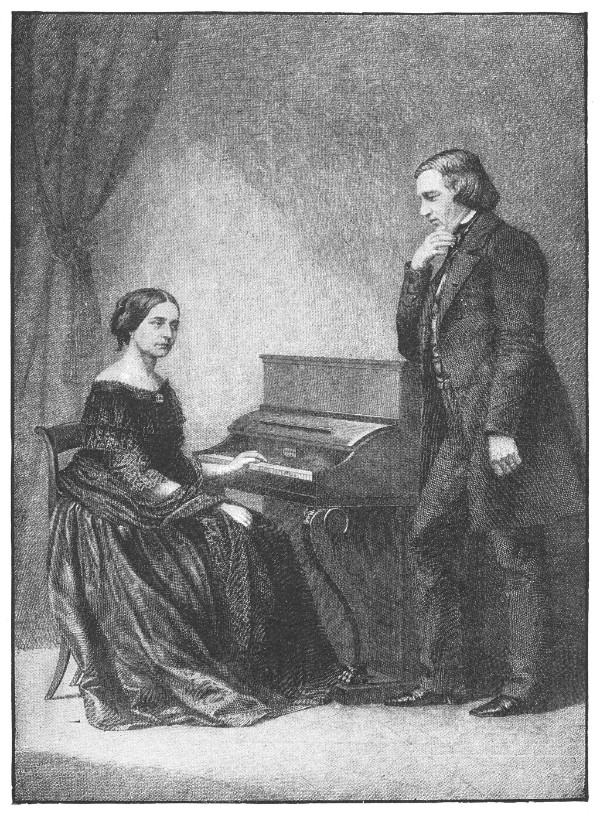Denis Bédard (b. 1950) is a Canadian organist, pedagogue, and composer celebrated for his prolific output of organ and choral music. Born in Québec, Bédard was educated at the Conservatoire de musique de Québec, where he graduated with premier prix in organ, harpsichord, chamber music, counterpoint and fugue. He has held several prominent positions, notably as the music director of Holy Rosary Cathedral in Vancouver.

Denis Bédard © cheldar.ca
I was educated at an Anglican school and learnt the organ for a brief period. It was during this time that I had the fortune of discovering Bédard’s music – the first work I encountered was his Petite Suite for four hands, which I performed with my fellow schoolmate at a school event.
Among his compositional output, I found myself consistently mesmerised by his effective and distinctive organ writing and use of harmonies. Tonal and melodic yet never banal, his Variations develop thematic material in innovative ways, oft-heard or lesser-known themes alike, often incorporating a slow, contemplative variation characterised by lush harmonies and striking simplicity.
Variations sur “Amazing Grace” (2009)
One of the most beloved hymn tunes, “Amazing Grace”, first appeared in William Walker’s collection Southern Harmony in 1835. The text written by English Anglican clergyman John Newton is a powerful testament to redemption and grace. Despite its religious origin, this popular tune has become a universal symbol of hope and resilience over the years.
Given its enduring popularity, there is indeed no lack of arrangements of this theme, no matter which style or instrumentation one’s looking for. Yet Bédard offered a refreshing take on this almost clichéd theme – an exceptional example of the accessibility, elegance, and exquisite combination of harmonies and registration that define his music. The work begins with a rather straightforward harmonisation of the theme, followed by six variations, each distinct in style and character, including a pedal solo (1:29), a trumpet voluntary (2:13), and a meditative slow variation (3:08) – what an ingenious blend of luscious (at times jazzy) harmonies and the Celeste stops! The offertory movement features a radiant solo supported by the pedal line and a flowing pattern in the right hand. The final postlude assigns the theme to a pedal solo, while the manuals drive the music forward with a rich, rhythmic texture, culminating in a grand conclusion.
Samuel Metzger – Bédard: Variations sur “Amazing Grace”
Variations on AURELIA (2023)
Composed in memory of the 2023 Nashville school shooting, this wonderfully crafted set of Variations is based on “The Church’s One Foundation”, set to the tune “Aurelia” by Samuel Sebastian Wesley. Bédard drew inspiration from the tragedy, and despite that, masterfully transformed it into a truly sublime work that imparts hope and peace.
This work is structured as follows: Theme, Duo, Waltz, and Introduction, Toccata & Grand Chorus. The communicative quality of Bédard comes to the fore immediately in the Theme with its sumptuous harmonies and lyricism, whereas the music later, rather unexpectedly, develops into an alluringly tilting Waltz (2:03). Another highlight would be the jarring dissonant chords in Grand Chorus (4:52), which seem to evoke the horror of the incident, rendering the conclusion all the more glorious and profound.
Samuel Metzger – Bédard: Variations on AURELIA
Variations sur “Lasst uns erfreuen” (2005)
Yet another colourful set of variations by Bédard. The hymn tune was first published with the Easter text “Lasst uns erfreuen herzlich sehr” (“Let us most heartily rejoice”) in Cologne in 1623, and later assigned the text “All creatures of our God and King”.
As with many of his other works, Bédard’s tonal language is instantly recognisable. The slow movement (2:10) is expressive and soothing; the subsequent toccata (4:24) is such a delightful tour de force – Bédard clearly is having some fun here – and the virtuosic pedal work (e.g. 5:52) is nothing short of impressive.
Vincent de Pol – Bédard: Variations sur “Lasst uns erfreuen”
Variations on “St. Benedict” (2021)
Dedicated to Australian organist Pastor de Lasala, this set of Variations bloomed from his correspondence with Bédard, who has long been interested in writing a piece on an Australian theme. The challenge, however, lies in finding a theme that is out of copyright. They eventually came up with the hymn tune “St. Benedict” by Dom Stephen Moreno OSB (1889-1953), one of Australia’s most respected church music composers and a former priest at the Benedictine Community of New Norcia, Western Australia.
The first variation is buoyant and uplifting, while the second (1:23) takes a poignant turn in G minor, in which the theme is introduced with Open Diapason and Flute stops before transitioning to the Swell division. It is simple yet effective, wistful yet unsentimental. Certainly not to be missed.
Sr. Mihovila Tenzera – Bédard: Variations on “St. Benedict”
Variations sur “Nous chanterons pour toi, Seigneur” (“The Old Hundredth”) (1995)
Also known as “Old Hundredth” or “All People that on Earth do Dwell”, the Theme is among the most widely recognised hymn tunes in the sacred music repertoire. After its introduction, the theme metamorphoses into various forms, including an exuberant trumpet tune (1:29), a playful Scherzando brimming with arpeggios (2:34), and an intriguing Misterioso variation imbued with suspense (3:33). One can’t help but admire Bédard’s creative genius in harnessing the idiomatic qualities and sonic possibilities of the organ, transforming the theme in an unexpectedly stunning way, preserving its liturgical essence while elevating it into a concert work of remarkable artistry.
For more of the best in classical music, sign up for our E-Newsletter



